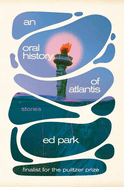Frederick Forsyth, who "used his early experience as a British foreign correspondent and occasional intelligence operative as fodder for a series of swashbuckling, bestselling thrillers in the 1970s and '80s," died June 9, the New York Times reported. He was 86. Forsyth wrote 24 books, including 14 novels, and sold more than 75 million copies of his works. In 2012, he was honored with the Crime Writers' Association's Diamond Dagger Award for lifetime contribution to crime writing in the English language.
_by_Gillian_Shaw_061025.JPG) |
Frederick Forsyth
(photo: Gillian Shaw) |
"His stories often juxtapose a single individual against sprawling networks of power and money--an unnamed assassin against the French government" in The Day of the Jackal (1971), a lone British reporter against a shadowy conspiracy to protect ex-Nazi officers in The Odessa File (1972), the Times noted.
"It's one man against a huge machine," he told the Times of London in 2024. "We don't like machines, so one guy even trying to kill a human being, taking on this vast machine of government, secret intelligence service, police and so on, has appeal."
His other novels include The Devil's Alternative (1979), The Fourth Protocol (1984), The Fist of God (1994), Icon (1996), The Veteran (2001), Avenger (2003), The Afghan (2006), The Cobra (2010), The Kill List (2013). He also wrote two short story collections and two works of nonfiction, including his memoir, The Outsider: My Life in intrigue (2015).
Many of his books were adapted into movies within a few years of their publication. A film version of The Day of the Jackal, starring Edward Fox, appeared in 1973, just two years after the novel's publication. A second movie version, with Bruce Willis and Sidney Poitier, was released in 1997 as The Jackal; and a TV series based on the novel, starring Eddie Redmayne, aired last year. Other adaptations include The Odessa File, The Dogs of War, and The Fourth Protocol. Icon was made into a TV mini-series, and a major film based on The Kill List has been optioned.
Neil Nyren, former executive v-p, associate publisher and editor in chief of Putnam, said, "Frederick Forsyth was one of the undisputed true giants of international suspense fiction. We shall miss him dearly."
And Tom Colgan, v-p, editorial director of Berkley, said, "Freddie Forsyth was the definition of a larger-than-life figure. He lived each day with outrageous abandon and heroic courage. In the field of thrilling writing, he was second to none. It's almost inconceivable that his first two thrillers were The Day of the Jackal and The Odessa File--two undisputed classics of the genre. We at Putnam and Penguin Random House are proud to have been associated with him and wish him well on the greatest adventure of all."
After high school, Forsyth joined the Royal Air Force and flew fighter jets. He later was a foreign correspondent for Reuters, covering the attempted assassination in 1962 of Charles de Gaulle, which became the inspiration for The Day of the Jackal. In 1965, he worked for the BBC, where he covered a civil war in Nigeria. In 2015, he revealed that while in Africa he had also been an informant for British intelligence. Forsyth's reporting on the conflict led to two books: the nonfiction The Biafra Story (1969) and the novel The Dogs of War (1974).
Though he'd been a decent student, Forsyth had no interest in academics, choosing to pursue adventures, which his parents encouraged. He told the Daily Mail in 2018: "My father's advice--if you want an interesting life, bloody well go out and get one--was good. I did. And I'm glad I did."
While reporting from East Berlin, where his work for British intelligence "eventually went beyond simply providing information. In 1973, he traveled to Dresden, then in communist East Germany, to retrieve a package from a Russian mole," the Times wrote, adding that at the time, the future Russian president Vladimir Putin ran the Dresden KGB office. Forsyth claimed that Putin had almost caught him as he fled the city.
"He thought he would stop me himself, but he quartered the wrong road," he told the Times of London in 2024. "I wasn't on that road. I was on the other one. So I got through the border with about 10 minutes to spare. Or maybe less."
Forsyth said he considered himself a journalist first and a fiction writer only when he found himself broke and jobless. "He would spend six months researching a book before writing a single word, a method that showed in his careful attention to detail--for example, the minutely described process by which the assassin in The Day of the Jackal constructs a rifle that he can break down and hide inside a wooden leg," the Times noted.
His early books were so successful that Forsyth frequently said he was considering retirement, telling the Guardian after the publication of his memoir that it would be his last book. "I ran out of things to say," he noted at the time, adding that his wife had told him: "You're far too old, these places are bloody dangerous and you don't run as avidly, as nimbly as you used to."
But Forsyth published The Fox in 2018, and on November 18, Putnam will release Revenge of Odessa--a sequel to The Odessa File--that Forsyth wrote with Tony Kent.
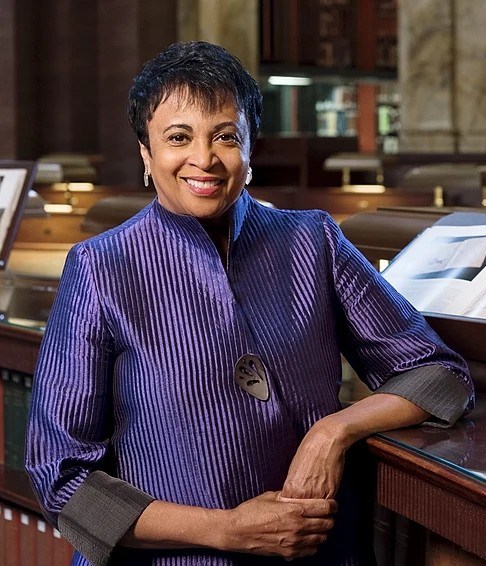 "Democracy is under attack. Democracies are not to be taken for granted. And the institutions that support democracy should not be taken for granted. And so, that's what the concern is about libraries and museums. It's part of a fabric. Think of it as an infrastructure that holds up--the libraries have been called one of the pillars of democracy, that you have these institutions in every community that allow anyone to come in and access knowledge."
"Democracy is under attack. Democracies are not to be taken for granted. And the institutions that support democracy should not be taken for granted. And so, that's what the concern is about libraries and museums. It's part of a fabric. Think of it as an infrastructure that holds up--the libraries have been called one of the pillars of democracy, that you have these institutions in every community that allow anyone to come in and access knowledge." 









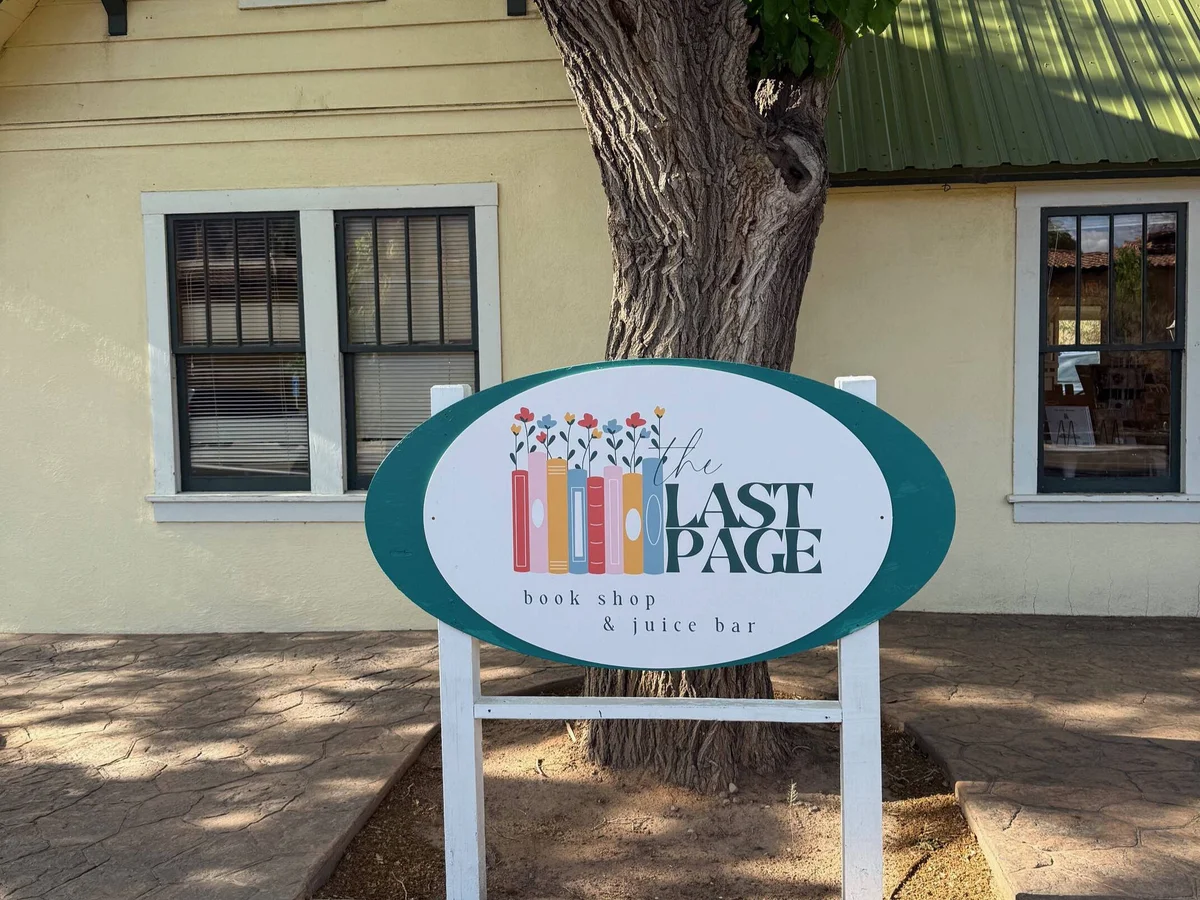 Owner Jasmin Atwood said opening a bookstore and sharing "how magical books can be with other people" had been a dream for years. "The opportunity never came together--until it did."
Owner Jasmin Atwood said opening a bookstore and sharing "how magical books can be with other people" had been a dream for years. "The opportunity never came together--until it did."  The
The 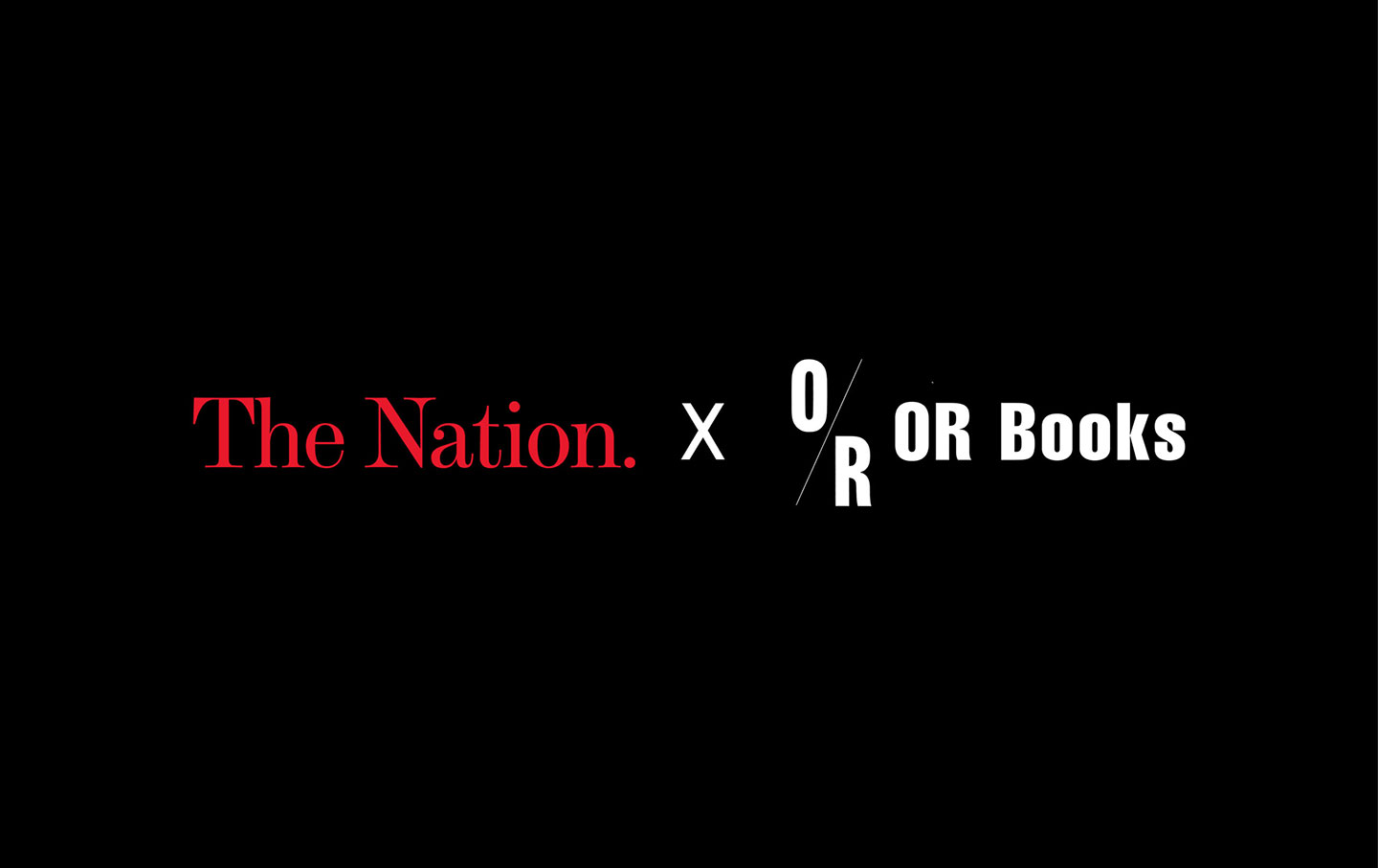 The Nation and OR Books are together establishing a book publishing imprint, Nation Books, that will launch this fall. Distributed by OR (which is distributed by Consortium), Nation Books will publish four to six titles a year, which will be a mix of material by current writers for the Nation and writers from its 160-year history.
The Nation and OR Books are together establishing a book publishing imprint, Nation Books, that will launch this fall. Distributed by OR (which is distributed by Consortium), Nation Books will publish four to six titles a year, which will be a mix of material by current writers for the Nation and writers from its 160-year history.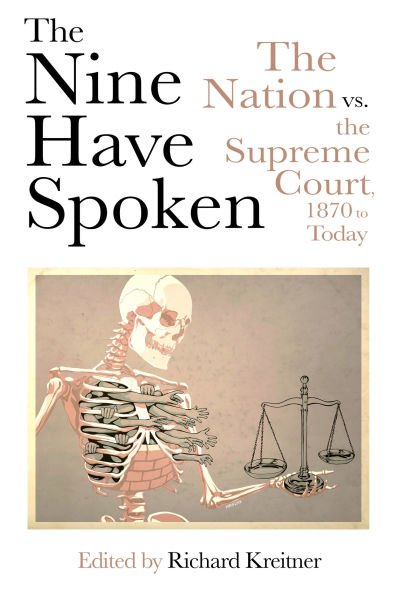 The first Nation Books titles include:
The first Nation Books titles include:_by_Gillian_Shaw_061025.JPG)

 "
" The DBT Workbook to Stop Walking on Eggshells: Practical Skills for Families to Improve Relationships and Decrease Conflict When a Family Member Has BPD
The DBT Workbook to Stop Walking on Eggshells: Practical Skills for Families to Improve Relationships and Decrease Conflict When a Family Member Has BPD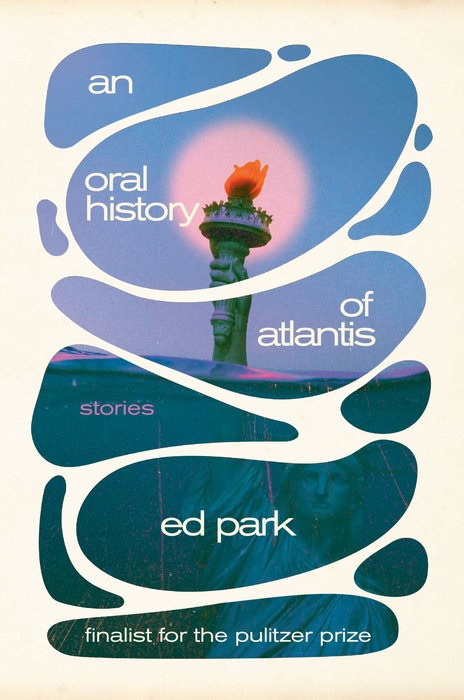 Ed Park (
Ed Park (